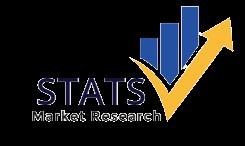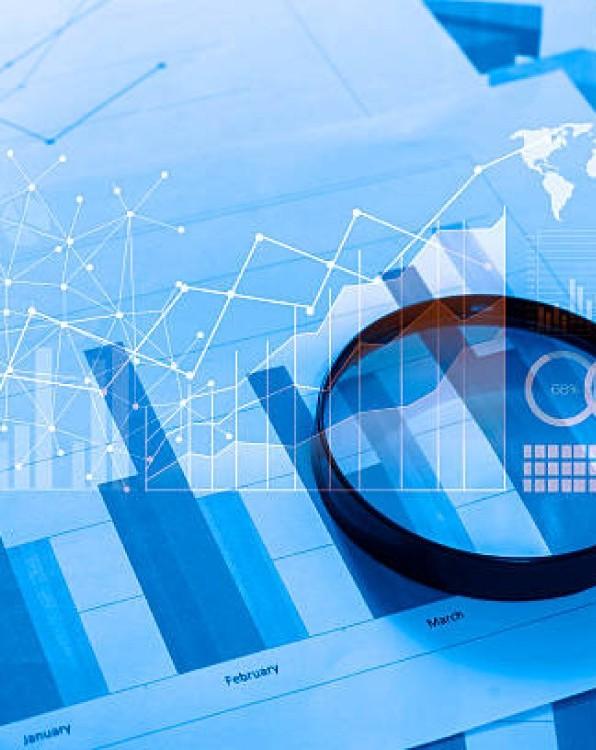














Biosensors for Diabetes are analytical devices that convert a biological response into an electrical signal, providing real-time monitoring and management of blood glucose levels in diabetic patients. These devices integrate a biological sensing element with a transducer to detect and measure specific biomarkers, primarily glucose. The two primary types of diabetes biosensors include Self-Monitoring of Blood Glucose (SMBG) devices and Continuous Glucose Monitoring (CGM) systems. SMBG devices involve periodic finger-prick blood testing, while CGM systems provide continuous, realtime glucose readings using a minimally invasive sensor under the skin.
These biosensors are essential tools for both Type 1 and Type 2 diabetes patients, enabling better glycemic control, timely medical interventions, and improved quality of life. They are widely used in homecare settings, hospitals, clinics, and diagnostic centers, with technology rapidly evolving to offer greater accuracy, convenience, and connectivity features, including integration with mobile apps and cloud-based platforms.








Global Biosensor for Diabetes Market was valued at USD 87.8 million in 2024 and is projected to reach USD 134 million by 2032, exhibiting a Compound Annual Growth Rate (CAGR) of 6.4% during the forecast period.








Homecare Diagnostics
Hospitals
Diagnostic Centers, Clinics








• Self-monitoring of Blood Glucose (SMBG)
• Continuous Glucose Monitoring








• Abbott
• Roche
• LifeScan
• Bayer
• Yingke
• ARKRAY
• Omron
























